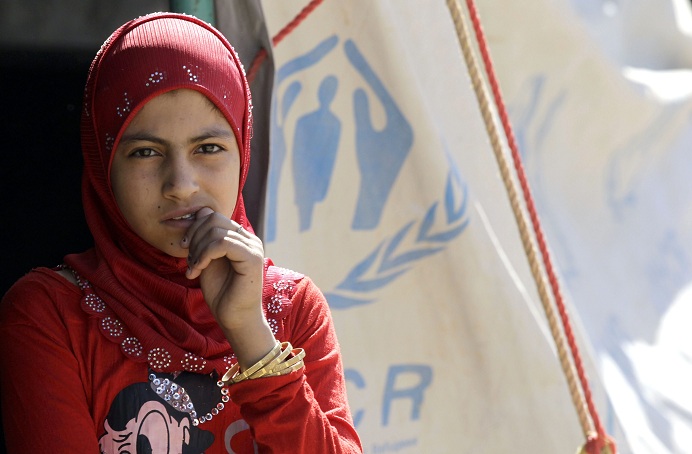Egypt welcomed the signing of a political framework agreement on the transitional period in Sudan on Monday.
It stressed in a statement issued by the Ministry of Foreign Affairs that this agreement is an important and pivotal step to establish the principles related to governance structures in Sudan.
Egypt also expressed its full support for the agreement and its readiness to cooperate with the various Sudanese parties in their efforts to reach a final agreement that would fulfill the aspirations of the brotherly Sudanese people and strengthen Sudan’s role in supporting peace and stability in the region and Africa.
Moreover, it emphasised its sincere hope that the agreement would represent the beginning of a new phase of stability and prosperity for the Sudanese people in light of the historical ties between the two brotherly countries and the destiny that unites the peoples of the Nile Valley.
On this occasion, Egypt called on the parties of the international community to provide all elements of support to Sudan to enable it to successfully pass through the transitional period and to serve the interests of the Sudanese people across the spectrum.
The political framework agreement between the military component and the Central Council for Freedom and Change was signed on Monday at the Presidential Palace in Khartoum amid a huge local, regional, and international presence.
The agreement comes amid hope that it will solve the complex crisis that Sudan has been embroiled in for more than a year. As revealed by the forces of the Declaration of Freedom and Change — the civil party that signed the agreement — the most prominent articles of the agreement are:
- The handover of the transitional authority to a full civilian authority without the participation of the regular forces.
- Distancing the army from politics, economic, commercial, and investment activities, and integrating the Rapid Support Forces and armed movement forces into the army in accordance with arrangements subsequently agreed upon in the Commission for Reintegration and Demobilisation into a security and military reform plan leading to a single professional and national army.
- Reform the police and intelligence apparatus and place them under the authority of the Prime Minister, limit the functions of the intelligence agency to collecting, analysing, and presenting information to the competent authorities, and strip them of the power to arrest and detain.
- Reform the country’s judicial system to be independent and impartial and launch a comprehensive transitional justice process that uncovers crimes, brings perpetrators to justice, provides justice to victims, and ensures there is no impunity and that such crimes are not repeated again.
- Implement the Juba Peace Agreement with its assessment and evaluation between the executive branch, the partners of the agreement, the parties to the Political Declaration and the completion of peace with non-signatory armed movements.
- Remove and disconnect the 30 July 1989 System from all state institutions, recover looted funds and assets, and review decisions that overturned the dissolution committee’s decisions.
- Launch a comprehensive constitution-drafting process with the participation of all regions of Sudan.
- Organise a comprehensive electoral process at the end of the transitional period of 24 months from the date of the appointment of the Prime Minister, provided that its commitments are specified and prepared in the transitional constitution in order to be credible, transparent, and impartial.
The signatory groups hope the deal will resolve the crisis, while opponents say it ignores fundamental issues and opens the door for the entry of forces that previously supported the Muslim Brotherhood regime, which was toppled by a popular revolution in April 2019.


